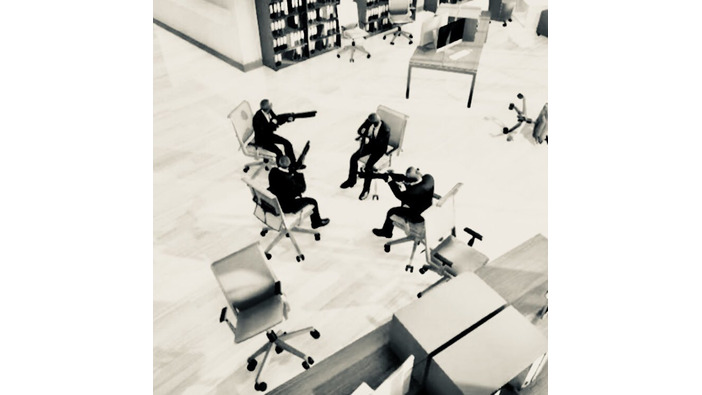
This is a medical emergency that can lead to major complications or even death. A deep vein thrombosis is a blood clot that forms in the veins of your leg.ĭVT is a serious problem, because if part of a blood clot in the leg vein breaks off and travels, it can cut off the blood flow to other parts of the body, including your lungs, which can cause a pulmonary embolism.

Sitting for too long can cause deep vein thrombosis (DVT), for example on a long plane or car trip. In rare cases, they can lead to blood clots, which can cause serious problems (see deep vein thrombosis, below). This is because sitting causes blood to pool in your legs. Sitting for long periods can lead to varicose veins or spider veins (a smaller version of varicose veins). Research suggests that people who spend more time sitting have a 112 per cent higher risk of diabetes. Studies have shown that even five days lying in bed can lead to increased insulin resistance in your body (this will cause your blood sugars to increase above what is healthy). Some experts say that people who are inactive and sit for long periods have a 147 per cent higher risk of suffering a heart attack or stroke.

One study found that men who watch more than 23 hours of television a week have a 64 per cent higher risk of dying from cardiovascular disease than men who only watch 11 hours of television a week. Sitting for long periods has been linked to heart disease. CancerĮmerging studies suggest the dangers of sitting include increasing your chances of developing some types of cancer, including lung, uterine, and colon cancers. This might be because people who spend a lot of time sitting are missing the positive effects of physical activity and fitness. We don’t understand the links between sitting and mental health as well as we do the links between sitting and physical health yet, but we do know that the risk of both anxiety and depression is higher in people that sit more. Poor posture may also cause poor spine health such as compression in the discs in your spine, leading to premature degeneration, which can be very painful. Sitting for long periods can also cause problems with your back, especially if you consistently sit with poor posture or don’t use an ergonomically designed chair or workstation. Sitting causes your hip flexor muscles to shorten, which can lead to problems with your hip joints. Just like your legs and gluteals, your hips and back will not support you as well if you sit for long periods. The latest research suggests you need 60–75 minutes per day of moderate-intensity activity to combat the dangers of excessive sitting. If you spend a lot of time sitting, digestion is not as efficient, so you retain those fats and sugars as fat in your body.Įven if you exercise but spend a large amount of time sitting, you are still risking health problems, such as metabolic syndrome. Moving your muscles helps your body digest the fats and sugars you eat.

If these muscles are weak you are more likely to injure yourself from falls, and from strains when you do exercise. These large muscles are important for walking and for stabilising you. Sitting for long periods can lead to weakening and wasting away of the large leg and gluteal muscles. When you are physically active, on the other hand, your overall energy levels and endurance improve, and your bones maintain strength. It is common for people who are bedridden in hospital to experience problems with their bowel function. Your bowel also functions more efficiently when you are upright. Your heart and cardiovascular system work more effectively that way.

How does a sedentary lifestyle affect your body? If you live a sedentary lifestyle, you have a higher chance of being overweight, developing type 2 diabetes or heart disease, and experiencing depression and anxiety. If you stand or move around during the day, you have a lower risk of early death than if you sit at a desk. The less sitting or lying down you do during the day, the better your chances for living a healthy life. Living a sedentary lifestyle can be dangerous to your health.


 0 kommentar(er)
0 kommentar(er)
